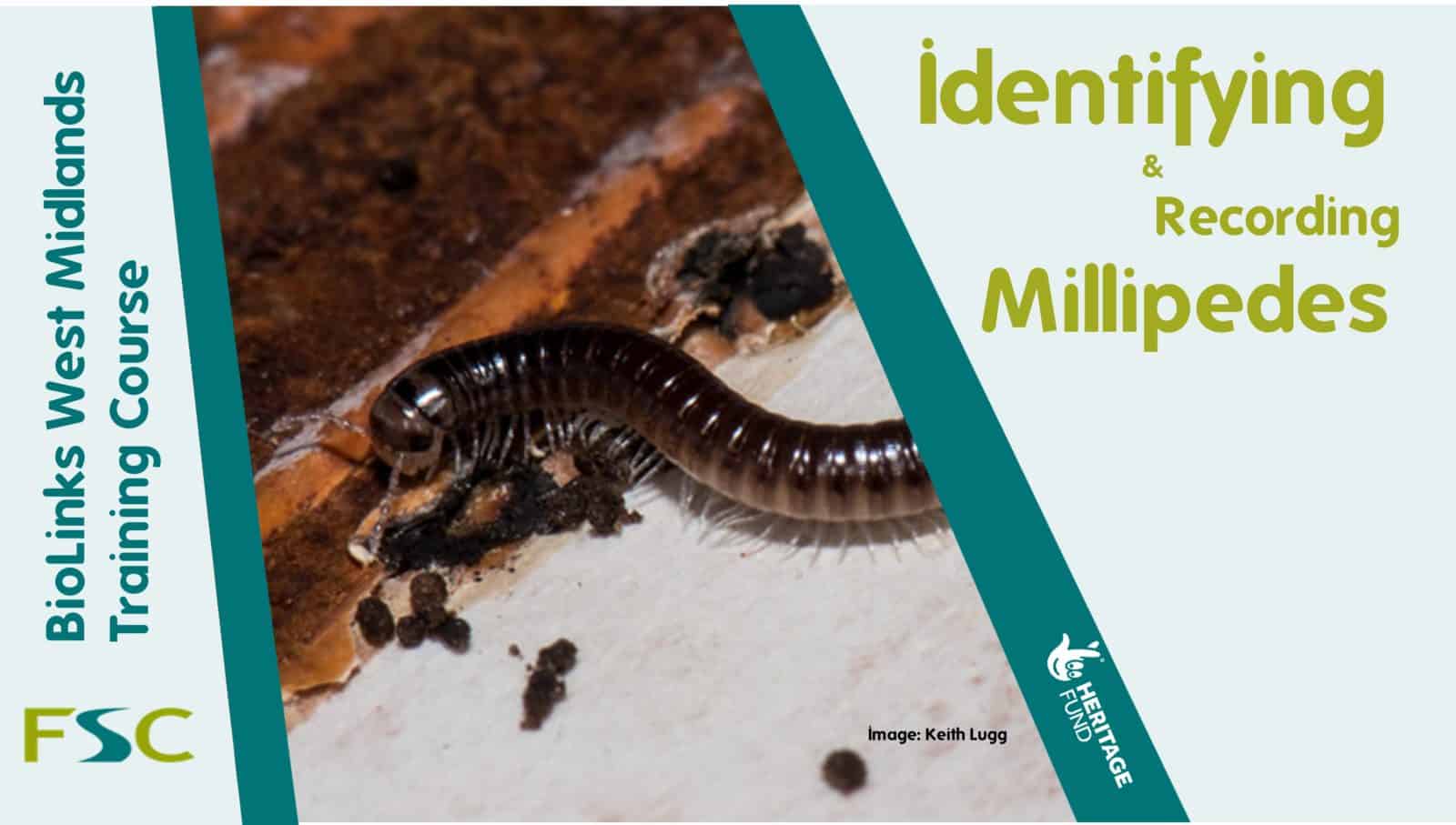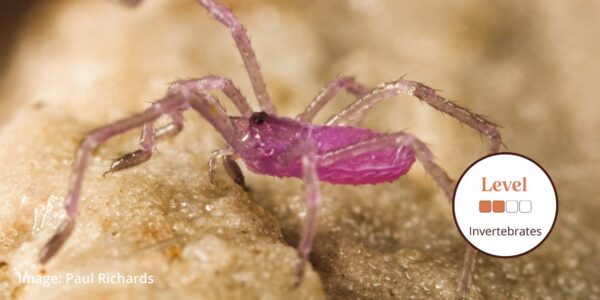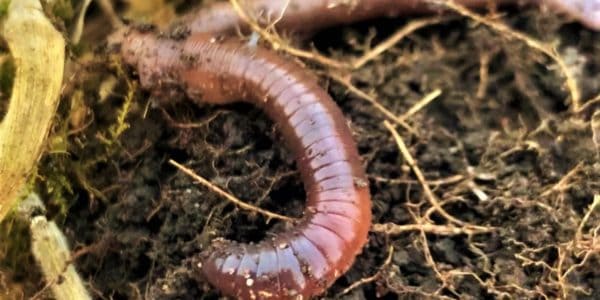This residential course incorporates everything you need to know to be able to accurately identify and record millipedes to species.
With a mix of classroom presentations, laboratory-based sessions, and field-based activities our expert tutor will guide you through the lifestyles, ecology, and morphology of UK millipedes. Attendees will be provided with detailed information on sampling equipment and techniques with practical hands-on opportunities to collect live specimens.
Attendees will use preserved specimens from our tutor’s teaching collection for identification to species-level using microscopes and identification keys; and our tutors will demonstrate best-practices for curation of a reference collection.
Information on invertebrate recording, submitting records and connecting with schemes, societies and groups will also be provided.
- Certificate upon course completion.
- Access to microscopes, specimen collection, lab equipment, field equipment and identification resources.
- Tuition from tutor specialising in millipedes.
- Please email [email protected] if you have any questions.
- Please note that this course will involve using specimens that have been killed and preserved
By the end of this course, you will:
- have a grounding in Britain’s millipede taxonomy and ecology
- be able to use external (morphological) features for specimen identification
- have used various collecting techniques for a variety of habitats and species
- gain practical experience using field guides and identification keys to determine specimens accurately to species-level
- gain practical experience observing millipede ID features using a microscope
- know how to curate your own personal reference collection
- be given guidance on how to take your interest further and contribute associated recording schemes
Tutor: Steve Gregory
Steve Gregory is a member of the British Myriapod and Isopod Group, one of the editors of the group’s annual Bulletin and organiser of the national Woodlouse Recording Scheme.
Steve is also author of Woodlice and Waterlice in Britain and Ireland (2009), an updated account of the distribution and habitat preferences of the British and Irish fauna. He has had an interest in woodlice, millipedes and centipedes for many years and has published a number of scientific papers on all three groups. His particular interests include the ecology and distribution (biogeography) of the British fauna and current projects include woodlice, millipedes and centipedes of heated ‘tropical’ glasshouses and those occurring in the south Wales valleys.
Course Fees
Resident (Sole Occupancy) £50.00
Course fees are subsidised by the fSCBioLinks project. Accommodation, meals and all course-related materials are included. If attendees who have booked together require a shared room please contact the centre to arrange this.
Please note that bathrooms may be shared and we are unable to guarantee en-suite bathrooms for any bookings.
Waiting List
If the course is full and you would like to be added to the waiting list, please email us at [email protected]g and let us know the name, date and location of the course you'd like to be added to the waiting list for.
Covid Measures
In order to keep our customers and staff safe, we ask that anyone attending our centres:
- Wears a face covering when in shared indoor space (unless exempt).
- Maintains social distancing.
- Cleans their hands regularly.
- Takes a Covid-19 test before they arrive.
Book with Confidence
We understand the difficulties of making plans in the current situation when guidelines continue to change, and insurance conditions are being tightened. In response, we will continue to offer additional flexibility. Find out more here
What's Included
- Certificate upon course completion.
- Access to microscopes, specimen collection, lab equipment, field equipment and identification resources.
- Tuition from tutor specialising in millipedes.
- Please email [email protected] if you have any questions.
- Please note that this course will involve using specimens that have been killed and preserved
Bursaries and Subsidies
FSC BioLinks
FSC BioLinks is an exciting project for FSC in the South East and West Midlands, bringing together existing volunteers with skills in biological recording and identification, and new volunteers.
This project provides subsidised training courses, learning opportunities and digital tools focussed on invertebrate identification for anyone involved or interested in biological recording, to build and strengthen the community.
Invertebrates provide us with many useful ecosystem services, like pollination and decomposition, which we cannot survive without but their numbers are declining. Few people know how to identify or record invertebrates meaning there is a lack of data.
We are delighted to have been awarded a grant of £1.23 million from the National Lottery Heritage Fund for this project.
Before You Attend
Getting to FSC Preston Montford
FSC Preston Montford, Montford Bridge, Shrewsbury SY4 1DX
Direct enquiries: 01743 852040 (Mon-Fri, 9am–5pm)
- By Road: From the A5, take the roundabout exit signposted to Mid-Wales and Welshpool (A458). One mile along this road, turn right onto B4473, we are located on the left after approx ½ mile.
- By Bus or Train: Shrewsbury stations.
What to bring
- Notebook and pencil
- Appropriate clothing and footwear for outdoor activity
- Hand lens (if you have one)
There will be a member of staff with first aid training and access to a first aid kit on site. If you have special medical requirements please let us know as soon as possible so we can plan the course.
Check-in & Check-out
- Check-in on the first day will be between 16:00 and 18:00 - if you need a later check-in, please contact the centre to notify them in advance
- Check-out on the final day will be at 09:30. We will arrange somewhere secure to store your luggage for the remainder of the day.
Sorry this course has ended



